Political Fundraising

If you're thinking about running for office, any kind of political career, one aspect of your campaign will be to raise money. Campaign fundraising is vital, because running for office costs a lot of money. How else do you think presidential hopefuls, gubernatorial candidates, even mayors travel, get newspaper and television airtime, signs, flyers and more?
Add to that the cost of clothing, dry cleaning, gasoline for campaign cars, salary for all the campaign staff who do get paid, facilities and phone lines for the campaign volunteers who call and do polling and funds collection, and you'd rack up quite a hefty bill before the month is out.
So, candidates turn to outside sources for money. In fact, there are laws in place restricting how much money a candidate can receive from any one donation source. There are some who donate money to a campaign hoping that their donation will equate to some sort of favorable attitude from the candidate when the donator's particular cause or bill comes up for consideration.
All this aside, there are two different types of financing which contribute to a candidate's campaign fund: public and private.
Public Funding
Democratic and Republican candidates alike may benefit from public financing on the presidential candidate level. To qualify, a candidate must raise $5,000 from 20 separate states. The government then gives the candidate $250 per qualifying state. To use this government money, the candidate must only spend it only how the government says. Any candidate who refuses to accept government money can spend however much they want to in the course of their campaign.
From everything I have read there is one fundamental flaw with the use of public funds: they don't get used! A reason for this could be the funneling of money from the U.S Treasury into the election fund, from which the public funds are drawn. Remember that little box you check on your tax return each year that asks if you would like to have $3 donated to the Presidential Election Fund? It also says that checking the box will not change the amount of your return. This is because for every person who checks that box, three dollars is moved from the U.S. Treasury into this fund. Here's some math:
Say half the country's taxpayers check that box. In the year 2005, around 99,880,000 people actually owed the IRS money. Over 134,372,000 returns were filed that year. So, by our hypothetical situation, that means 67,186,000 check the box. Multiply that by three dollars, and the amount of money put into the Presidential Election fund that year comes out to: $201,558,000. That's a hefty chunk of money, and the candidate who only barely qualifies for public funding would receive somewhere in the realm of $5,000. Really puts things into perspective, doesn't it?
Private Funding
Private donations from individuals, while having a limit per individual donator, may be used by the candidate in any fashion. Sometimes the donating party will assign their donation to a particular function of a campaign, such as purchasing a weekend's worth of airtime for a candidate to use broadcasting campaign commercials.

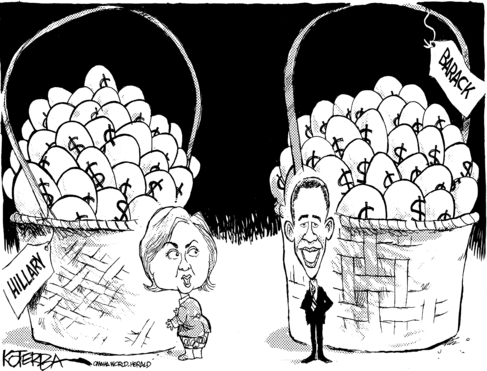
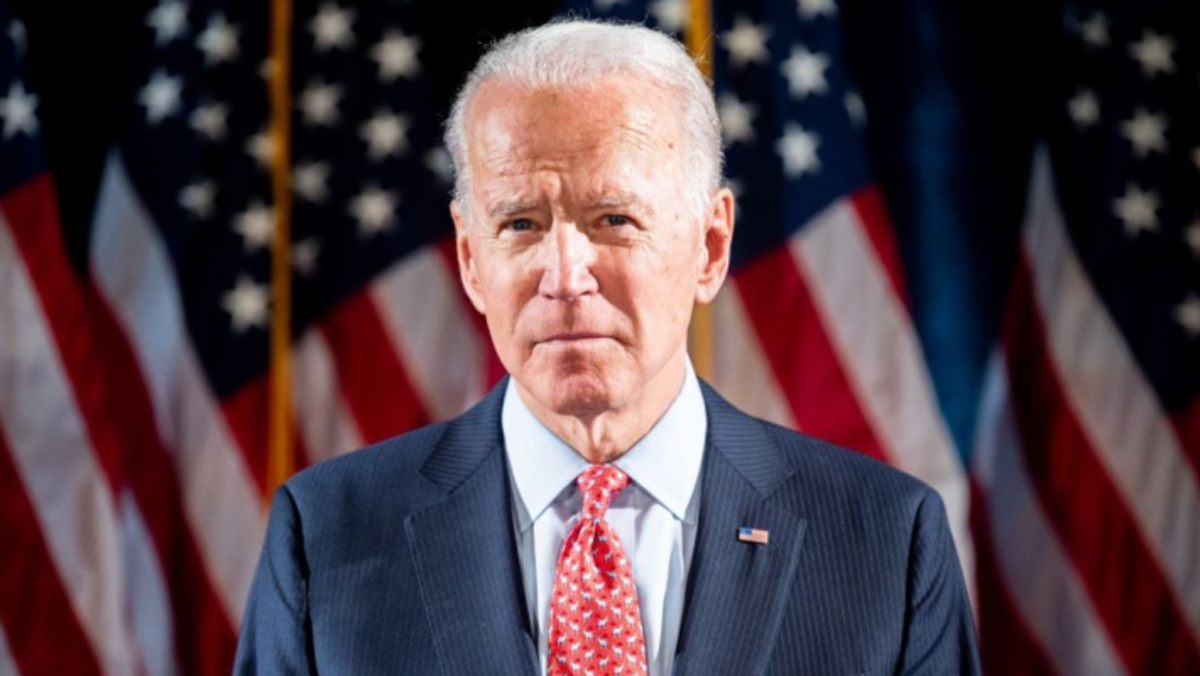

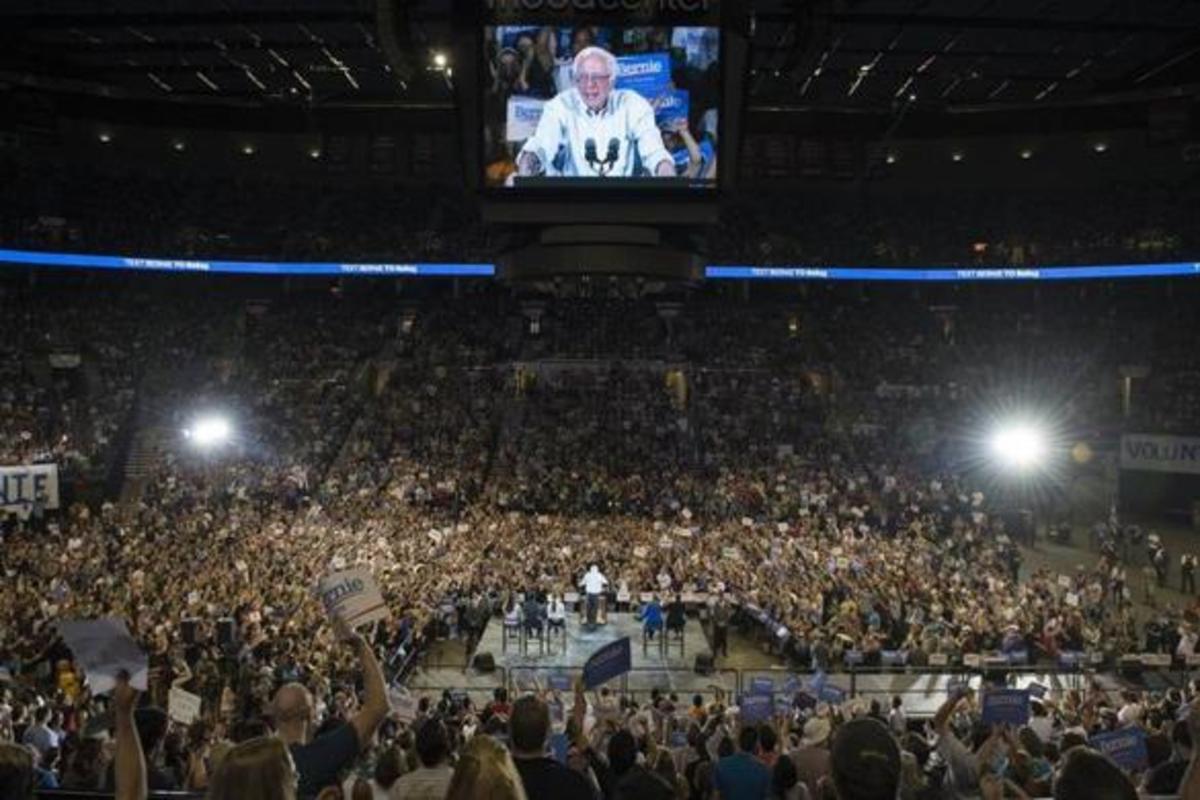
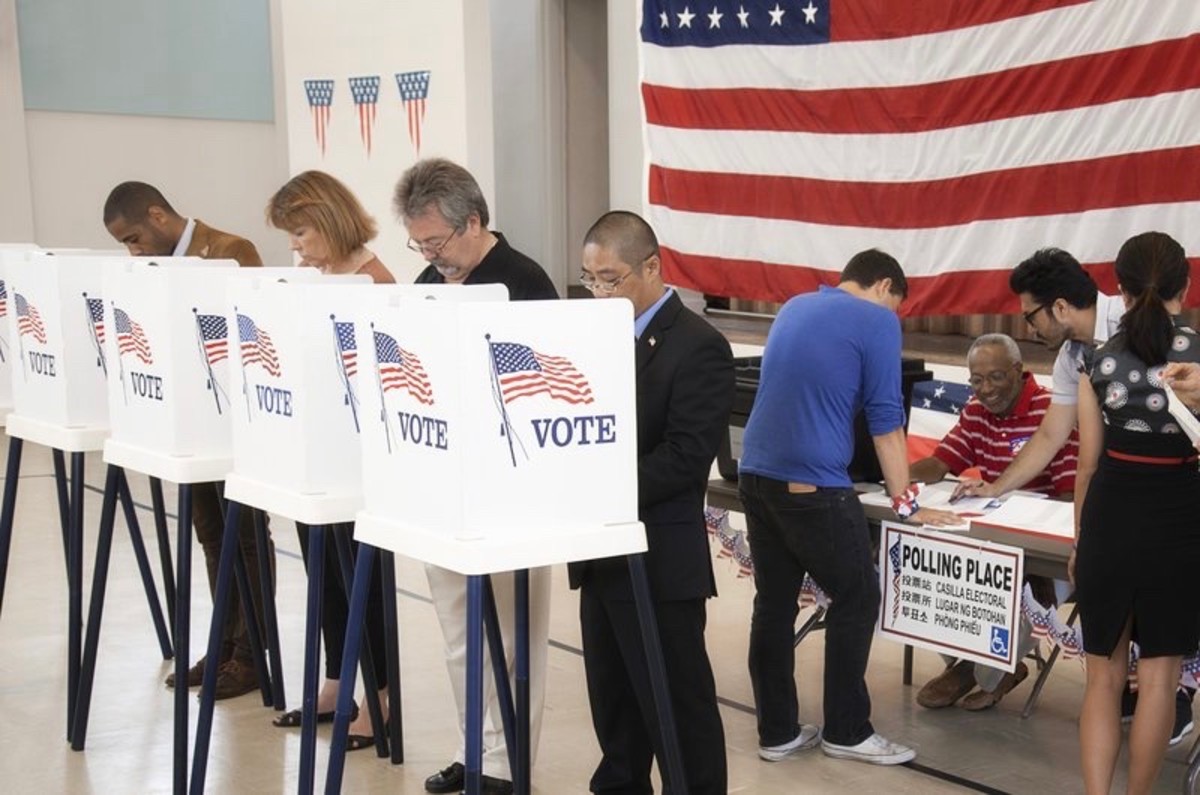
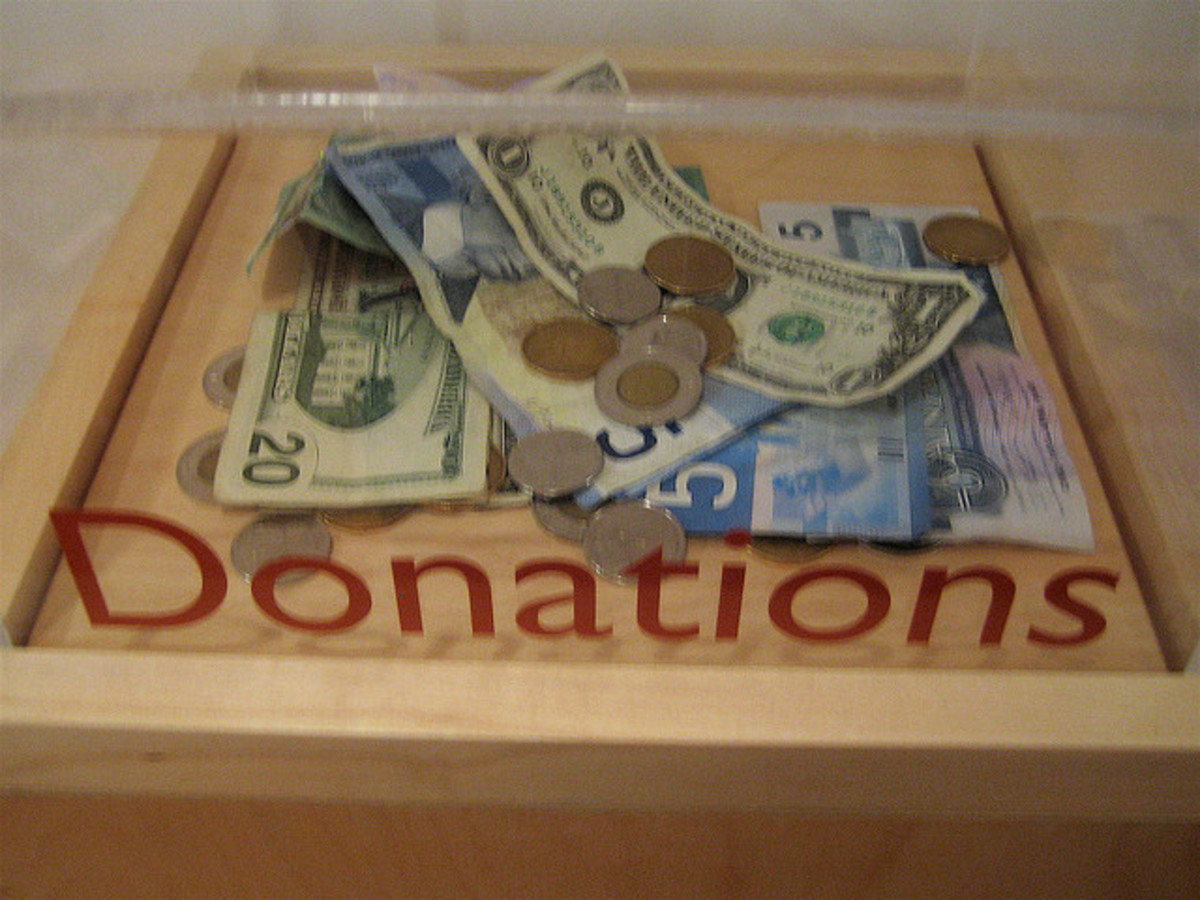
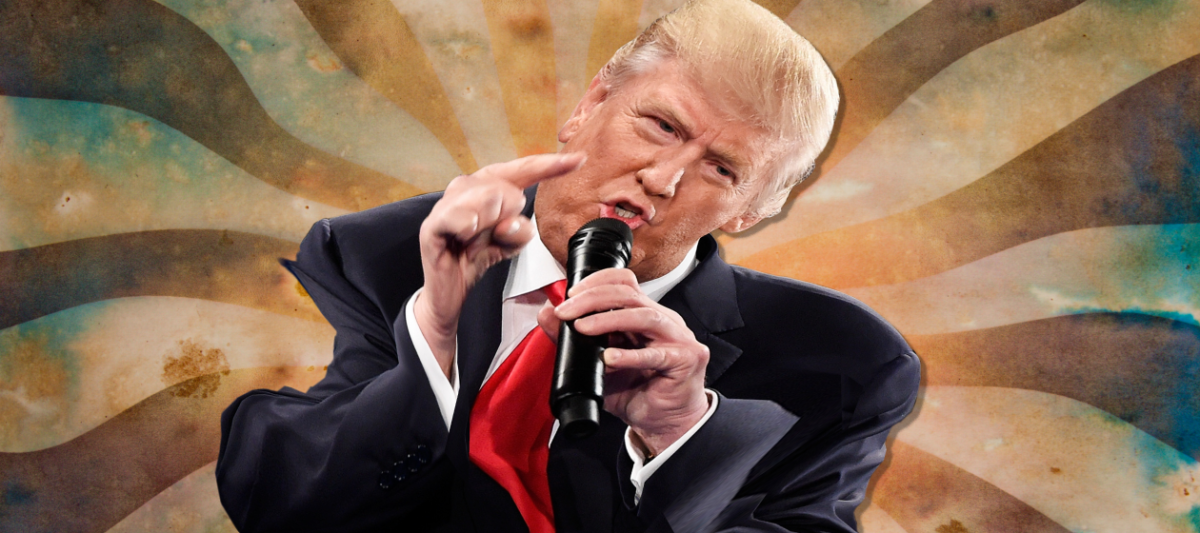
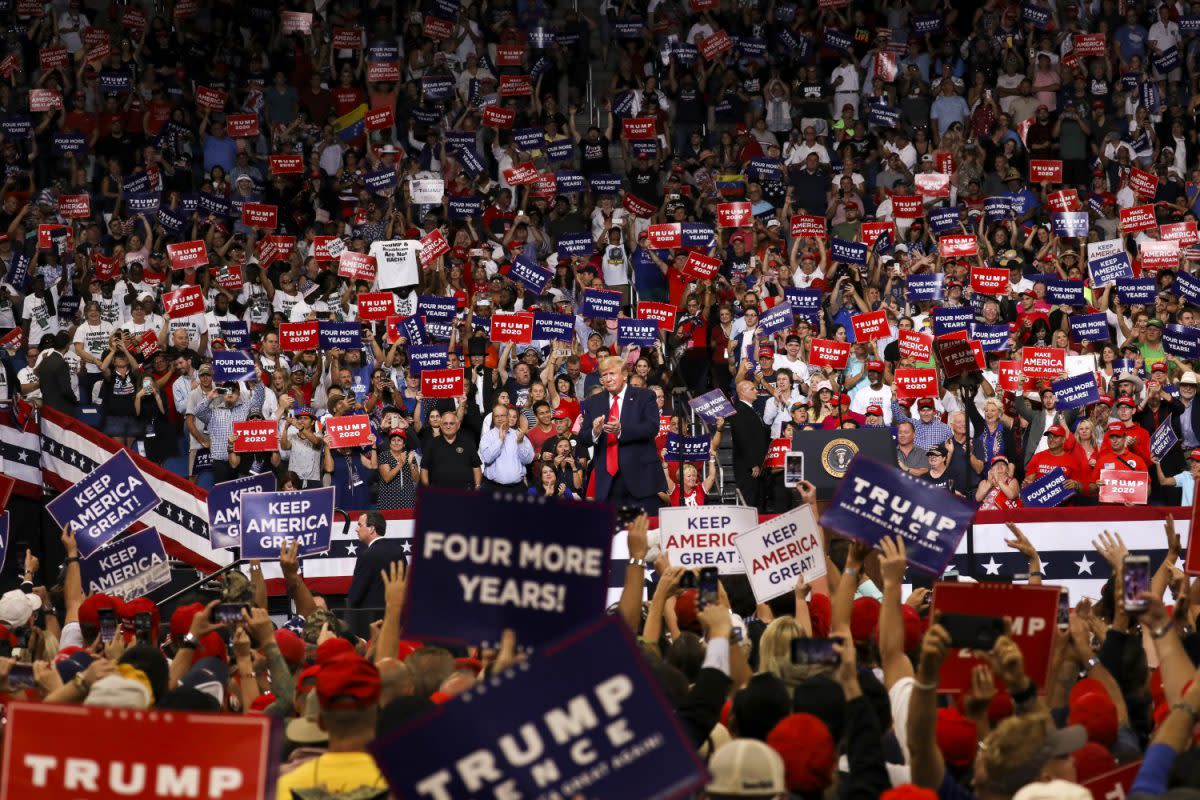
![American Politics: The BIG LIE in Politics, From The Republican Presidential Convention [124] American Politics: The BIG LIE in Politics, From The Republican Presidential Convention [124]](https://images.saymedia-content.com/.image/t_share/MTc2NDYyMjI1MzEyNjU1MzIy/the-big-lie-in-politics-from-the-conservative-side.jpg)